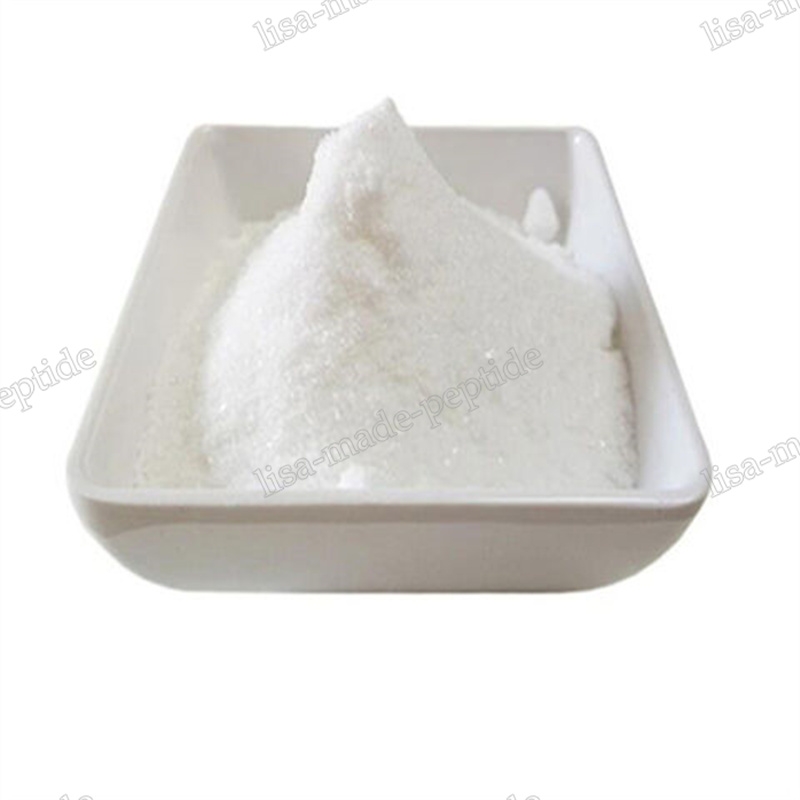-
Categories
-
Pharmaceutical Intermediates
-
Active Pharmaceutical Ingredients
-
Food Additives
- Industrial Coatings
- Agrochemicals
- Dyes and Pigments
- Surfactant
- Flavors and Fragrances
- Chemical Reagents
- Catalyst and Auxiliary
- Natural Products
- Inorganic Chemistry
-
Organic Chemistry
-
Biochemical Engineering
- Analytical Chemistry
-
Cosmetic Ingredient
- Water Treatment Chemical
-
Pharmaceutical Intermediates
Promotion
ECHEMI Mall
Wholesale
Weekly Price
Exhibition
News
-
Trade Service
Based on the 20-year service life of photovoltaic modules, the photovoltaic project modules implemented in the late 1990s and early this century are about to face "retirement
"Recently, the country has begun to attach importance to the recycling and disposal of photovoltaic modules.
The "scrap tide" of photovoltaic modules hits
Wang Liang, deputy secretary-general of the China Photovoltaic Industry Association, told reporters: "Since 2013, China’s installed photovoltaic power generation capacity has expanded significantly and continues to increase.
Since 2013, China's newly installed photovoltaic power generation capacity has increased exponentially, reaching 53 GW in 2017
However, it is worth noting that some photovoltaic project modules that were completed and put into operation in the early years have seen replacement needs in recent years
It is understood that the components are mainly composed of glass, aluminum, plastic, semiconductor materials, etc.
Wang Shijiang said: "Recycling and reusing waste components will not only protect the ecological environment, but will also benefit the development of industrial recycling and save resources
According to the research of PVCycle, an international photovoltaic module recycling non-profit organization, after laboratory or small-scale recycling, the module recycling rate can reach up to 96%, and the average recycling rate is 70%, which is higher than the recycling rate of other industries
Absence of relevant national standards
Facing the challenge of obsolete components, companies in the industry are devoting themselves to relevant research
Song Dengyuan, Chief Technology Officer of Yingli Group, said that carrying out the recycling of discarded components can not only effectively cope with the secondary pollution caused by large-scale component decommissioning, reduce resource consumption in the entire photovoltaic industry chain, but also form emerging industries and promote new economic growth
The prospects are promising, but according to the reporter's understanding, China has not yet formed a national standard and policy mechanism for component recycling
According to Pei Huichuan of the China Electronics Standardization Institute: "In 2017, the China Photovoltaic Industry Association issued a group standard "General Technical Requirements for the Recycling of Crystalline Silicon Photovoltaic Modules", which mainly stipulated the terms and definitions of module recycling.
However, some people in the industry believe that the above-mentioned standard is only a general and guiding technical document, which explains some basic issues in the component recycling industry, and cannot be used as a mandatory document
In recent years, as the country has begun to pay attention to the recycling and disposal of photovoltaic modules, the national standards for recycling and processing of photovoltaic modules are under development
European experience is worth learning
During the interview, the reporter learned that the current major photovoltaic companies in China still focus most of their energy on cost reduction and efficiency enhancement, and their energy input in module recycling and reuse is relatively limited
The reporter randomly interviewed 6 component recycling companies and obtained two different recycling standards
In contrast, China's component recycling prices are on the high side
.
It is understood that the recycling price of PVCycle's components is only about 0.
2 yuan/watt
.
If the recycling price of obsolete components is set too high, it will affect the profits of recycling companies
.
As the European photovoltaic industry developed earlier than China, it has already begun to face a certain scale of module scrapping challenges
.
As a relatively mature component recycling organization in Europe, PVCycle has hundreds of recycling sites in Europe, established an economically viable recycling network, and successfully recycled tens of thousands of old components
.
According to reports, in order to promote the development of China's module recycling and reuse industry, the China Photovoltaic Industry Association is tracking the PVCycle work model
.
At the same time, Chinese photovoltaic companies Yingli and Sumida have also joined the organization.
In Europe, after their modules are scrapped, PVCycle will fulfill the obligation to recycle the discarded modules
.
In SUMEC’s view, it is difficult for a single company to develop component recycling technology and processing costs are high, and the component recycling model represented by PVCycle can be used as a reference for the management of a large number of component recycling markets
.







